-
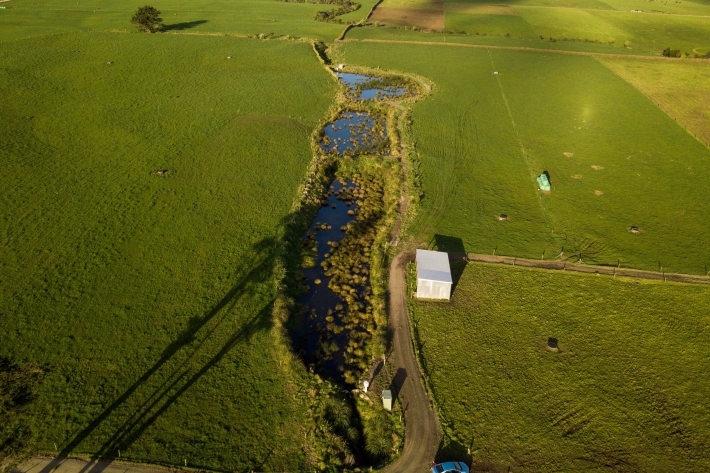
Wetland wonders: cleaning up our freshwater
Media release11 June 2024Constructed wetlands a natural solution to reduce agricultural pollution. -
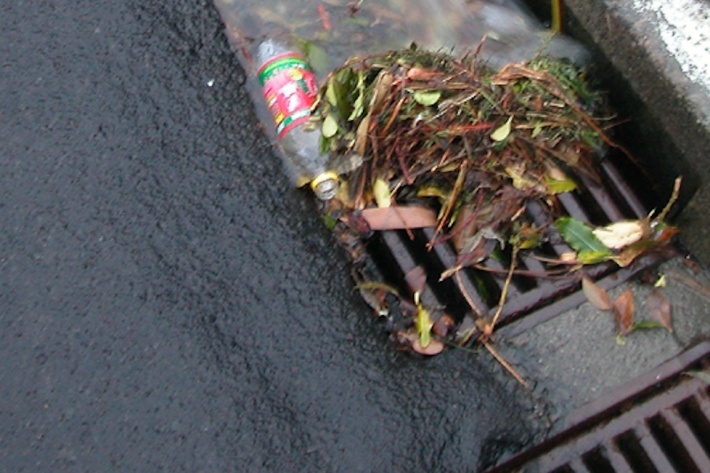
Urban Runoff Quality Information System (URQIS)
ServiceNIWA's Urban Runoff Quality Information System (URQIS) provides planners, engineers and researchers with information about the quality of stormwater from different locations and landuses and under different flow conditions. -
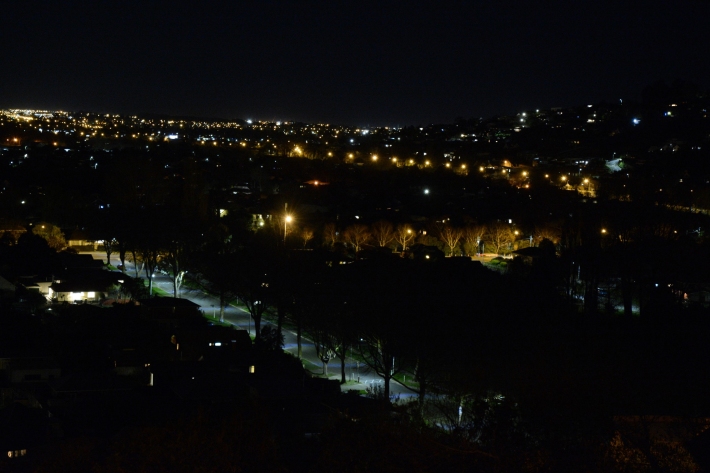
Investigating ecological impacts on freshwater insects from LED streetlight conversions
Research ProjectLittle is known what impact artificial streetlights have on flying freshwater insects which are integral to our waterway ecosystems. -

NIWA’s Estuarine Trophic Index
Research ProjectConstructed wetlands, detention bunds, woodchip denitrification filters and planted riparian buffers are examples of a growing suite of edge-of-field and farm-scale mitigation systems that are being trialled across rural New Zealand to reduce the impact of diffuse pollution on freshwater quality -
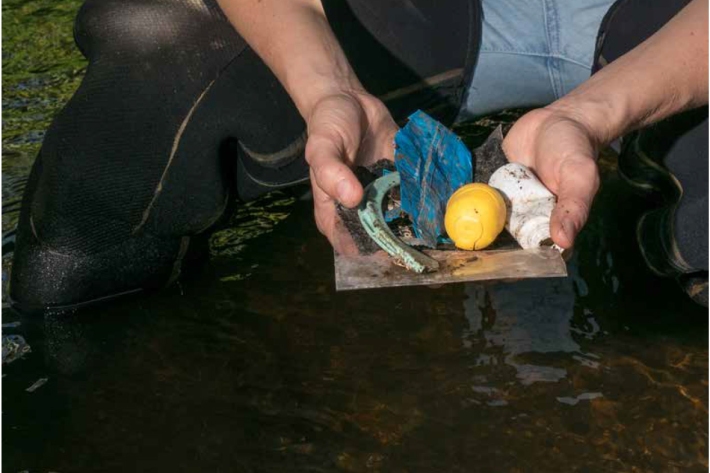
Plastic pollution processes in rivers
Research ProjectMost of the plastic in the ocean originates on land, being carried to the estuaries and coasts by rivers. -
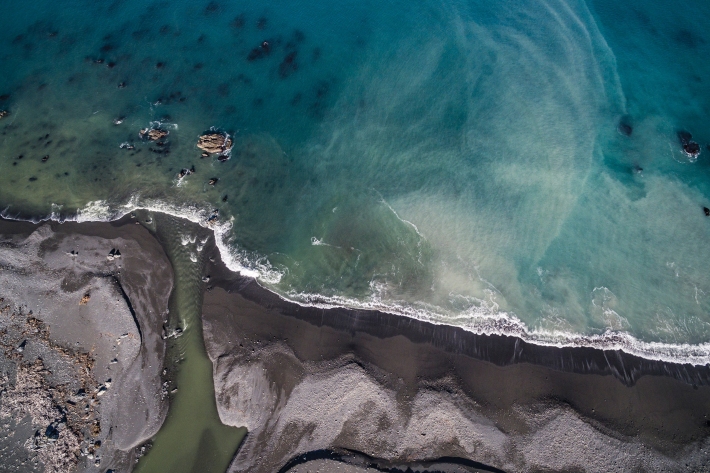
Reducing sedimentation
Feature story15 October 2018New Zealand is a land of erosion. We’re losing about 192 million tonnes of soil a year, according to the latest report Our Land 2018, from the Ministry for the Environment and Statistics NZ. -
Sediment
When soils erode, sediments are washed into waterways. -
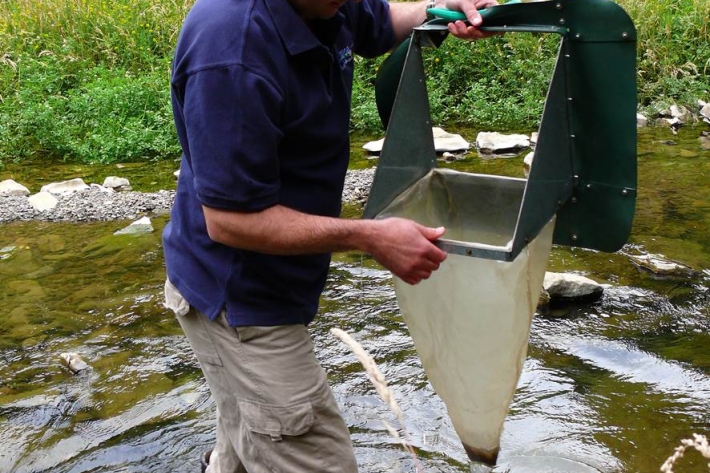
Freshwater monitoring and reporting
Research ProjectNIWA's research on freshwater monitoring and reporting is one of three research areas within the 'Values, Monitoring and Outcomes' (VMO) programme led by Landcare Research. -

On-Site Household Sanitation Guidelines for Fiji
Research ProjectA participatory project empowering communities with self-help tools to improve water, sanitation and hygiene. -
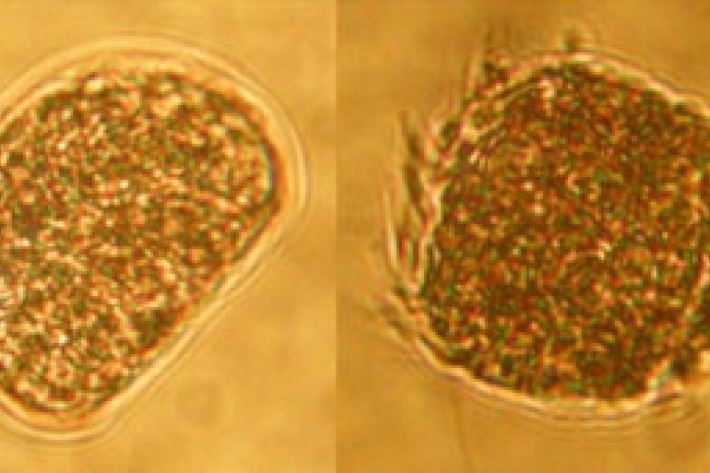
Ecotoxicology services
ServiceNIWA offers a range of standard toxicity tests for both freshwater and marine environments. -

What ails our estuaries - problems and solutions
Estuaries are at the bottom of the freshwater drainage network and, effectively, are a part of it. -
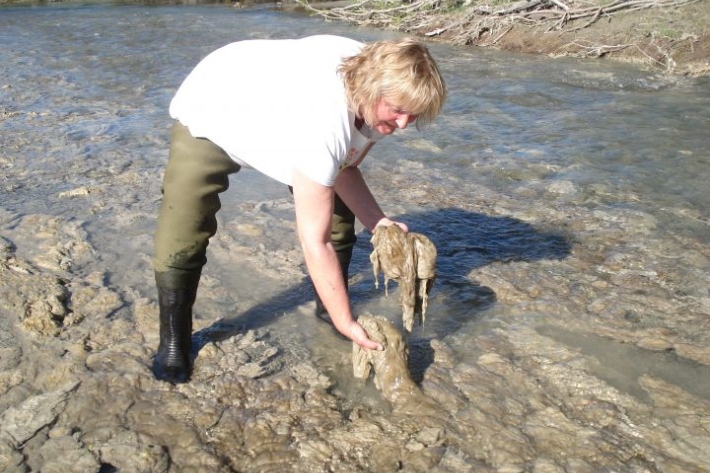
Causes and effects of water quality degradation
Developing & monitoring technologies, statistical assessment methods & community approaches to assess the state, trends & drivers of water quality.
